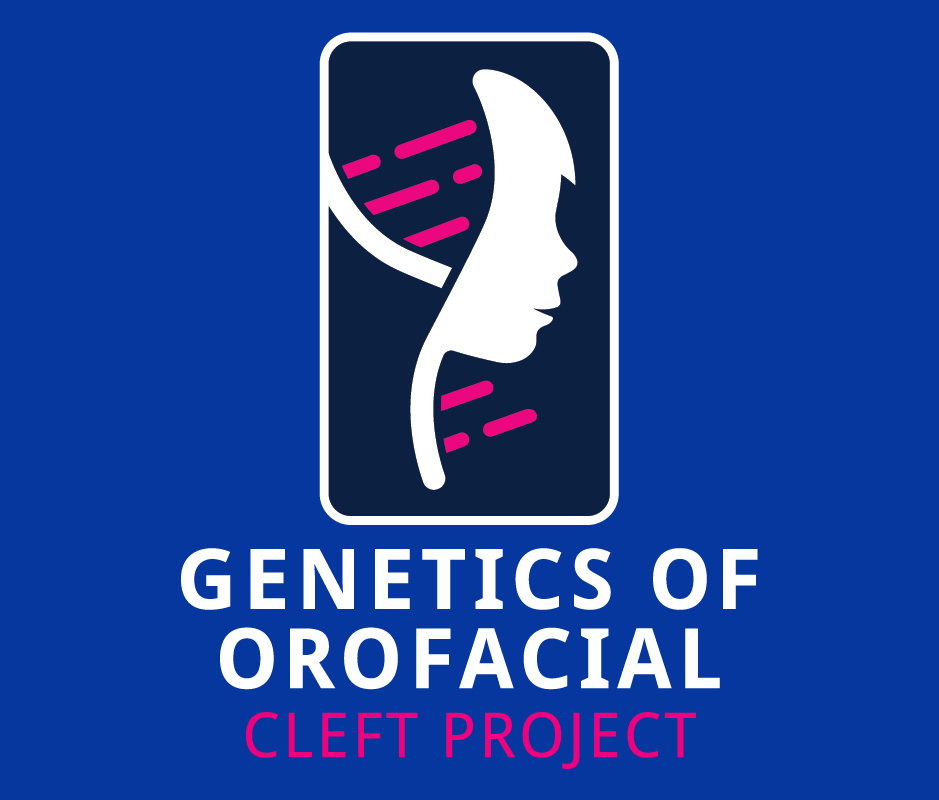Research
Nonsyndromic Orofacial Clefts
Nonsyndromic orofacial clefts are common birth defects that occur within families or sporadically. The causes of OFCs are largely unknown, though it has been hypothesized that both genetic and environmental factors are contributors. We are now enrolling individuals and families with nonsyndromic cleft lip and cleft lip and/or palate into our study to discover genetic variants that increase the risk of clefting and its various subtypes.
Van der Woude Syndrome
Van der Woude syndrome (VWS) is the most common single-gene cause of orofacial clefting. Individuals with VWS have a cleft lip and/or cleft palate and/or lower lip pits. Mutations in IRF6 and GRHL3 cause VWS but 20% of individuals have no known cause. We are enrolling families diagnosed with VWS into our study to identify the remaining causes of VWS and to understand differences in severity among affected individuals.
Recruitment
Although OFCs are among the most common structural birth defects and occur across all regions and demographic groups, research to date has mostly been limited to participants receiving treatment or residing near academic institutions and medical centers engaged in research of OFCs. Our study has been designed to accommodate remote participation from around the country using online questionnaires and mail-in saliva collection kits. We seek to expand the availability and accessibility of research to geographically diverse populations.
We are looking for study volunteers, their parents, and any other affected family members with a medical history of cleft lip and/or cleft palate for a research study about genes that may contribute to clefting. Participation includes online surveys about family and medical history and DNA testing. Local participants will have photos taken, and volunteers will be compensated for their participation.
Contact Us
Project Information
Email
404-727-2825
Donation link specific for the Orofacial Cleft Project
Specific Contacts
Elizabeth J. Leslie, PhD
Principal Investigator
Email
Briana Lucas
Research Coordinator
Email


